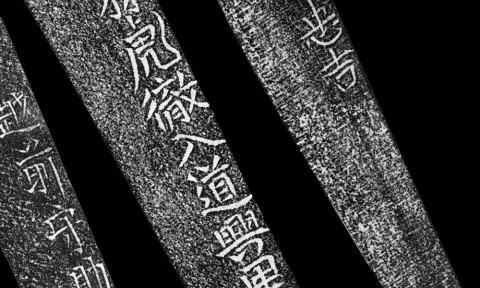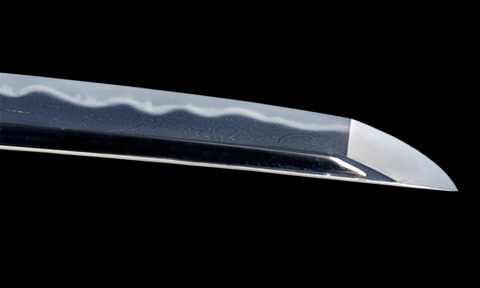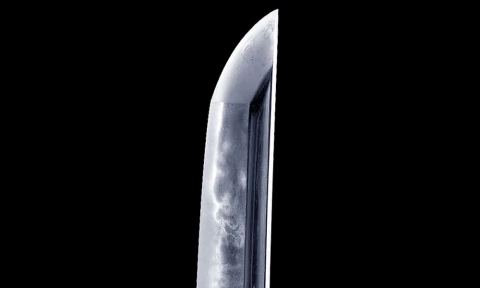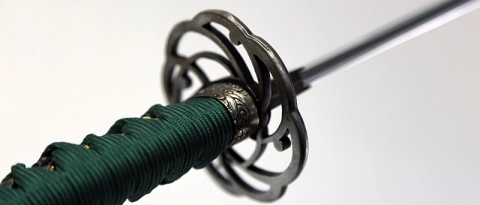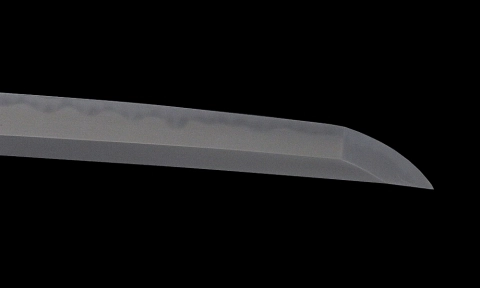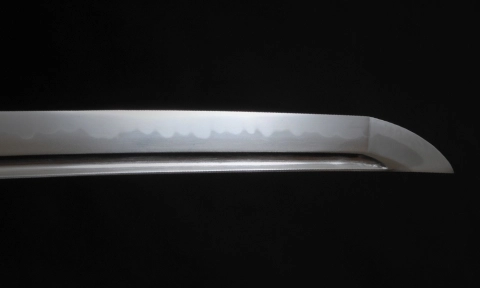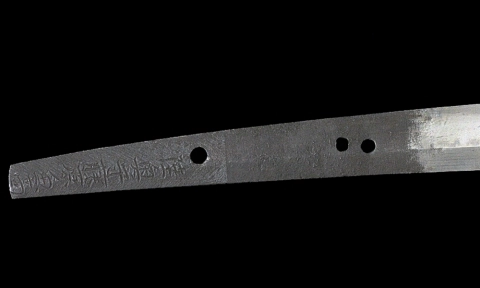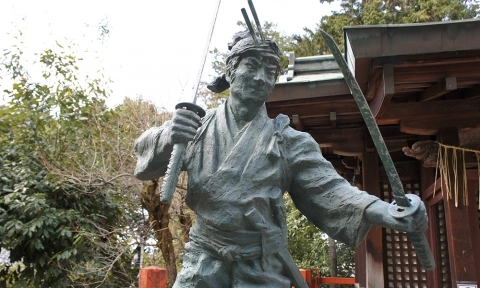Forbidden Food for Samurai
11 01, 2021
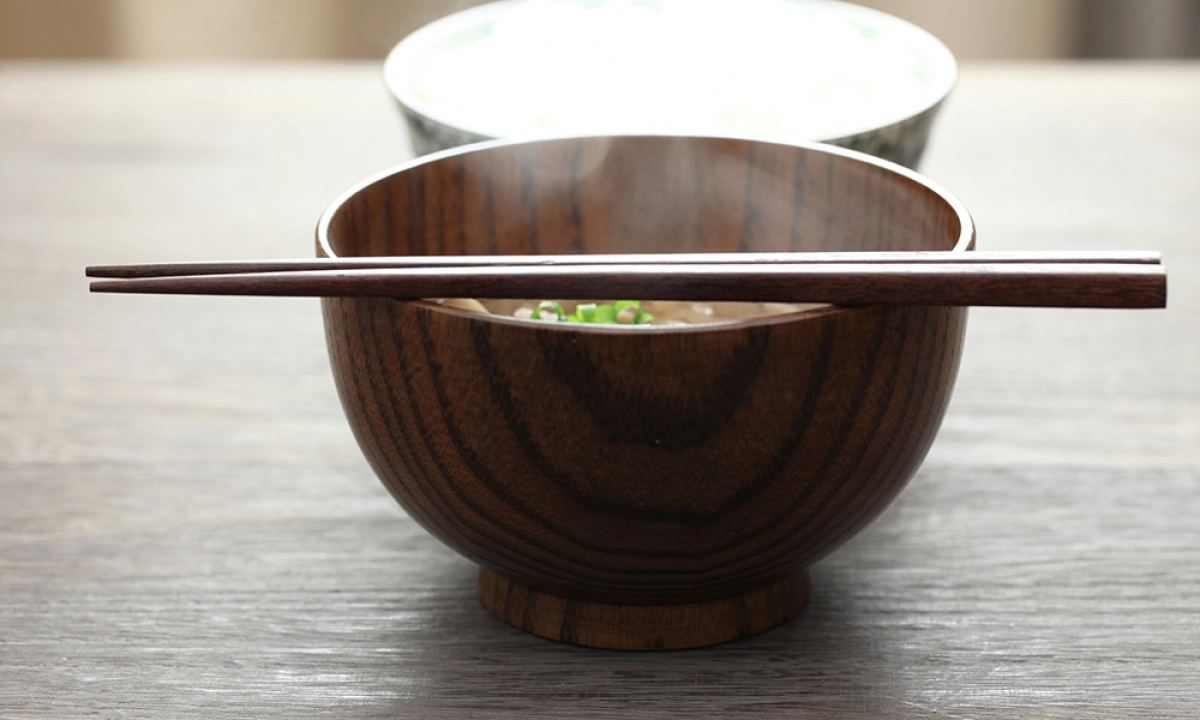
Nowadays, people usually eat three times a day, and we are strongly advised to not skip breakfast. By the Meiji era, the three-meal-a-day custom was already in current, but during the Sengoku period two meals a day was the norm. It was quite random, as sometimes there will only be one meal, and occasionally three. It was around the mid Edo period that it became 3 a day.
Table of Contents
1.Lower Samurai were very austere
About the contents of their meals – there was no big difference between the samurai and others who lived in town. Especially the lower samurai, who did not have much economic freedom, ate rather austerely. Breakfast consisted of rice, miso soup, and some pickles. For lunch and dinner they ate what was left over from breakfast and added one or two dishes. It was by no means luxurious.

2.Single men had to sustain themselves?
How about those men of lower samurai rank who were single? It was not as though single men were able to cook themselves every day, so how did they get to eat? They were basically under the care of “Makanai-ya”, which is like delivery services today. The person would order food, and they would bring it. Some people sold food in boxes called “okamochi”, and there were also shops called “saiya” which sold prepared meals, from which single men brought their food. It is similar to young people buying bento at the convenient store.
3.Vegetable gardening
Some lower rank samurai had gardens in which they grew vegetables and lived almost self-sustainably. The houses of even lower samurai, unlike the townspeople, had a space of about 100 tsubo (about 330 square meters) which they could use to grow vegetables and fruit for eating or selling.
4.Taboo Food for the Samurai Class
Even the samurai, who were of a higher rank than the peasants, the artisans, and the merchants, ate more or less similarly to common people. But there is one thing that was different – there were “taboos” concerning food, food that samurai were forbidden from eating.

5.Fugu (Puffer Fish)
Fugu is known as a luxurious food, but it has strong toxins in its inner organs. The samurai avoided fugu so not to die of the poison. The thought “dying from fugu poison is a terrible shame for s samurai”. The samurai’s mandate was to fight for his master and give his life valiantly on the battlefield, so dying from fugu poisoning was seen as a very cheap and shameful way to go.

6.Maguro (Tuna)
Tuna is often called “toro” today and is one of the most popular items on the sushi menu, but the samurai did not eat tuna. This was due to a superstition arising from a pun. Tuna was also called “shibi”, which sounds like another word “shibi” which can mean “the day of death”. This is why tuna was considered taboo.

7.Konoshiro
Konoshiro is known today usually as “kohada” (gizzard shad), a popular item in Edomae (Tokyo style) sushi. This is also a superstition from a pun, but when you say “eat konoshiro” it also sounds like “eat this castle” which thought of as a bad omen for samurai serving the owners of the castle. Also, another reason konoshiro was seen as a taboo was because konoshiro was also called “hara-kiri-zakana” (stomach cutting fish), and often served as a “last meal” to samurai ordered to commit seppuku.

8.Summary
You may think “all this just because of a pun?”, but even today people eat “katsu-don” (“katsu” means “to win”) before exams, and for celebratory events they eat tai (sea bream; “omede-tai” means “worthy of congratulations”), and the New Years food “oseshi” is full of foods related to puns concerned with good fortune. Japanese people even today still associate their food with their fortune.

